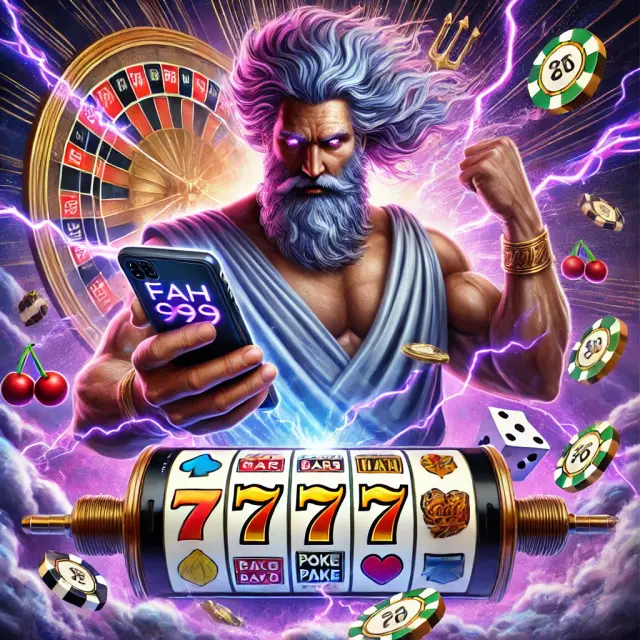Evolusi Best Games Dalam Dunia PlayStation Games Modern
Perjalanan panjang PlayStation games telah menciptakan standar baru dalam dunia hiburan interaktif. Sejak era PlayStation 2 hingga generasi aman69 terbaru PlayStation 5, Sony terus menghadirkan best games yang memadukan teknologi mutakhir dengan kreativitas tanpa batas. Peningkatan kualitas grafis, audio tiga dimensi, serta sistem kontrol adaptif membuat pengalaman bermain semakin realistis dan imersif. PlayStation games modern tidak hanya menonjolkan aksi, tetapi juga storytelling yang kompleks dan emosional, sehingga pemain dapat merasakan keterlibatan mendalam dalam setiap petualangan. Evolusi ini membuktikan bahwa inovasi adalah kunci utama dalam mempertahankan posisi sebagai pemimpin industri.
Banyak best games lahir dari studio eksklusif yang berfokus pada kualitas dan detail. Uncharted 4: A Thief’s End misalnya, menghadirkan petualangan penuh aksi dengan visual sinematik yang memukau. Sementara Bloodborne dikenal karena tingkat kesulitan tinggi dan atmosfer gelap yang menantang. PlayStation games seperti ini membuktikan bahwa variasi genre menjadi kekuatan utama platform tersebut. Tidak hanya menghadirkan satu jenis permainan, tetapi beragam pengalaman mulai dari aksi, RPG, hingga horor psikologis yang semuanya masuk kategori best games di mata penggemar.
Di sisi lain, PSP games juga berperan penting dalam memperluas ekosistem PlayStation. Melalui Kingdom Hearts: Birth by Sleep dan Monster Hunter Freedom Unite, pemain mendapatkan pengalaman petualangan dan perburuan monster dalam format portabel. PSP games menghadirkan kedalaman gameplay yang tidak kalah dibanding konsol rumah. Dengan fitur multiplayer lokal dan grafis yang mengesankan pada masanya, perangkat ini membuktikan bahwa best games tidak selalu harus dimainkan di layar besar untuk memberikan sensasi maksimal.
Kesuksesan PlayStation games dan PSP games menunjukkan bahwa kualitas konten adalah faktor utama dalam membangun loyalitas pemain. Best games yang lahir dari platform ini sering kali menjadi referensi bagi pengembang lain dalam menciptakan standar baru. Dengan kombinasi teknologi canggih, cerita kuat, dan gameplay inovatif, PlayStation terus mempertahankan reputasinya sebagai rumah bagi best games terbaik di dunia. Masa depan platform ini pun tampak cerah dengan berbagai proyek baru yang siap memperkaya pengalaman gaming generasi berikutnya.





